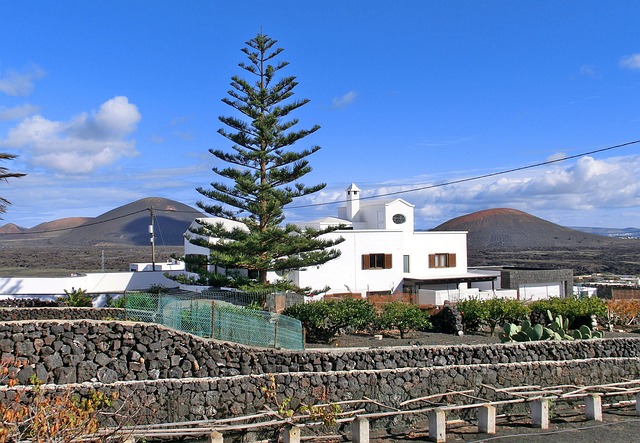The seasonal economy significantly impacts business strategies across sectors, particularly in road travel. Travelers' preference for experiential vacations drives demand for properties in popular tourist destinations, influencing real estate markets. To capitalize on these trends, investors and developers adopt innovative models like short-term rentals and seasonal pop-up accommodations. Real estate businesses can succeed by offering flexible stays, tailored experiences, convenient locations, and user-friendly digital platforms, catering to road travelers' unique needs and preferences.
In today’s diverse travel landscape, understanding the seasonal economy is crucial for businesses catering to road travelers. This article delves into three key strategies to maximize success in this niche market. First, we explore the dynamics of the seasonal economy and its impact on road travel trends. Next, we discuss leveraging real estate as a powerful tool to attract and serve these travelers effectively. Finally, we provide marketing and operational tips tailored to meet the unique needs of road adventurers, utilizing real estate strategies for optimal business growth.
Understanding the Seasonal Economy and Road Travel Trends

The seasonal economy, a concept that has been gaining traction in recent years, refers to businesses and services that operate on a seasonal basis, aligning their offerings with peak demand periods. This trend is particularly notable in road travel, where many travelers plan their trips around specific seasons for various reasons. For instance, warmer months often see an increase in road trips, as families seek outdoor activities and scenic routes. Understanding these seasonal fluctuations is crucial for both the real estate and hospitality industries, allowing them to tailor their services accordingly.
Road travel trends indicate a growing preference for experiential vacations, with travelers seeking unique accommodations and authentic local experiences. This shift has significant implications for the real estate market, as properties in popular tourist destinations may experience higher demand during certain seasons. Consequently, investors and developers are exploring innovative solutions, such as short-term rentals and seasonal pop-up accommodations, to cater to these dynamic travel trends.
Leveraging Real Estate to Attract and Serve Road Travelers

In the seasonal economy, catering to road travelers requires strategic use of local real estate. Businesses can leverage proximity to major highways and rest stops to set up food stalls or pop-up restaurants, offering quick, convenient meals for weary drivers. This tactic not only attracts travelers but also serves as a unique selling point, creating a memorable experience along the journey.
Real estate owners in scenic areas with high travel volume have an opportunity to partner with local culinary entrepreneurs. By allowing temporary structures or designated spaces for food services, these property holders can tap into a lucrative market segment without long-term commitments. Such collaborations foster a dynamic seasonal ecosystem, ensuring road travelers have access to diverse and appealing dining options during their travels.
Strategies for Success: Marketing and Adapting to Road Travelers' Needs

In catering to road travelers, understanding their unique needs and preferences is key to success in the seasonal economy. Businesses in the real estate sector can adapt by offering flexible stays and tailored experiences. Marketing strategies should emphasize the convenience of location, focusing on easy access to scenic routes and rest stops. By highlighting these advantages, businesses can attract travelers seeking a break from bustling cities or those looking for immersive local experiences.
Additionally, embracing digital platforms is essential. Creating user-friendly websites with detailed information about nearby attractions and amenities will appeal to road travelers. Integrating online booking systems allows for seamless reservations, catering to the on-the-go nature of these travelers. Adapting to their pace and preferences ensures a positive experience, encouraging word-of-mouth recommendations and fostering a loyal customer base among this niche market.






